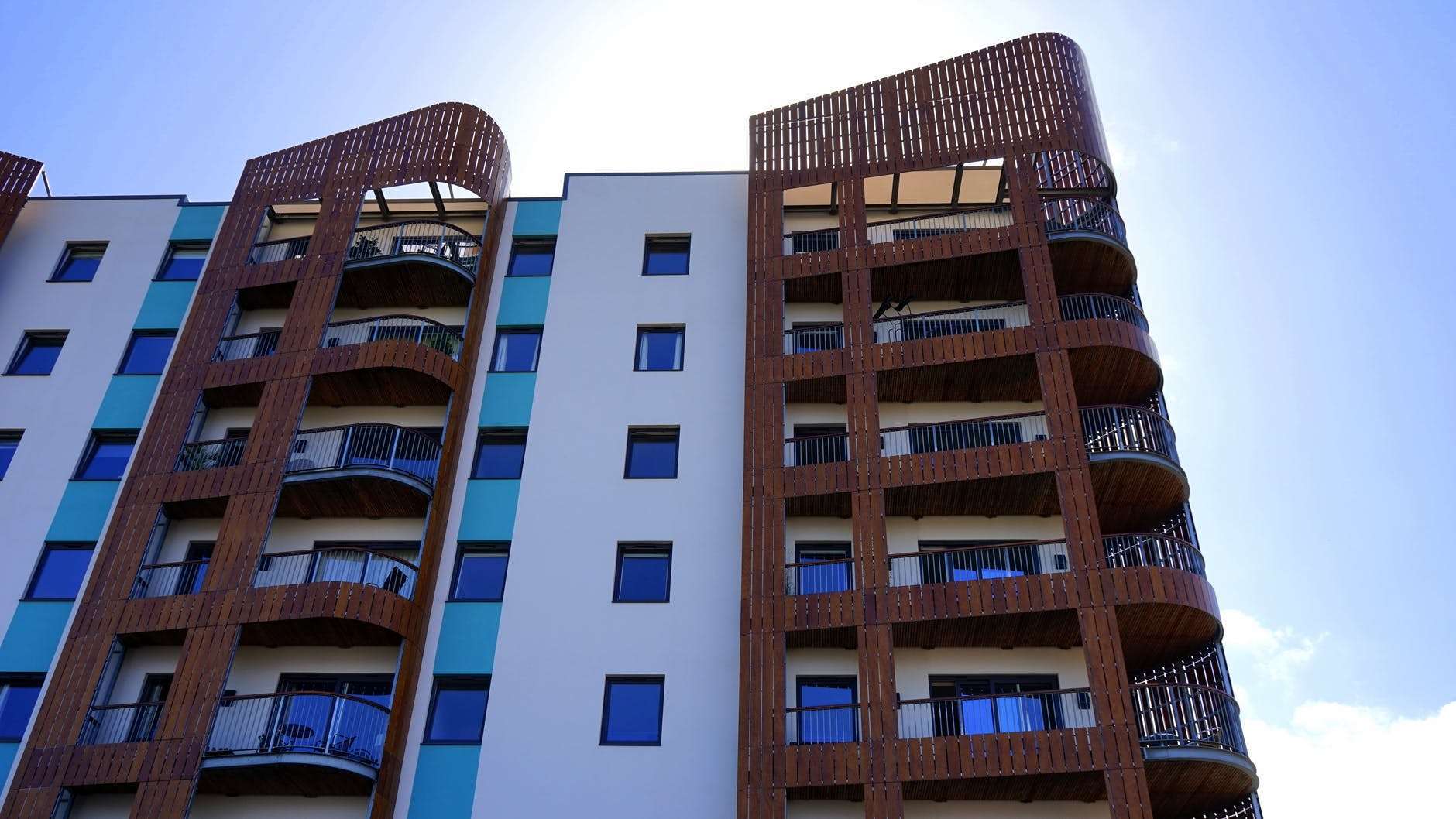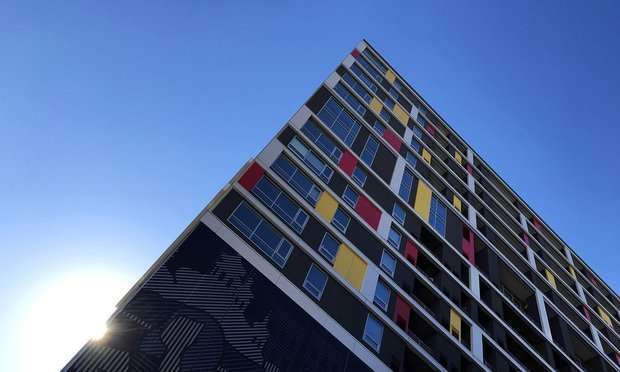Rents are hitting new highs, but renting is still mostly more affordable than owning a home in most big cities, according to a new report.
The national median rent rose for the 16th straight month and reached $1,876 in June, a new high, according to Realtor.com’s June Rental Report. That’s pricey, but still 29.9% (or $561) lower than monthly starter homeownership costs. That’s due to higher mortgage rates pushing borrowing costs up.
The gap between the monthly payment on a starter home and renting a home widened by 25.5%, or $483, from January to June, according to Realtor.com. In more than three-fourths of the top 50 cities in the U.S., renting was cheaper than owning.
Mortgage rates are approaching 6%, which is adding hundreds of dollars to a homebuyer’s monthly bill. Higher rates were the “biggest driver” of the gap between buying and renting, Realtor.com said, adding $416 on a monthly basis.
The median rent for a studio grew by 15.1% from June 2021 to $1,544. A one-bedroom was $1,738; a two-bedroom $2,104.
“Our analysis shows that if not for higher mortgage rates, the rent versus first-time buying gap would have shrunk in the first half of this year,” Danielle Hale, chief economist at Realtor.com, said in a statement, “as rents grew more quickly than starter home prices.”
By the fourth quarter of this year, it will take a first-time homebuyer with a median income of 11.3 years to save for a 10% down payment, S&P Global Ratings estimated in a recent report, up from five years pre-pandemic.
The company estimates that 60% of U.S. households will be priced out of a starter home by the end of 2025.
“The American Dream may no longer be in reach,” the report’s title concluded.
Looking to make a move? The top five cities where renting makes more sense than owning, on a cost basis, including Austin, San Francisco, Seattle, New York City, and San Jose, Calif., according to Realtor.com.
The top five cities where buying makes more sense than renting include Pittsburgh, Birmingham, St. Louis, Cleveland, and Baltimore.







